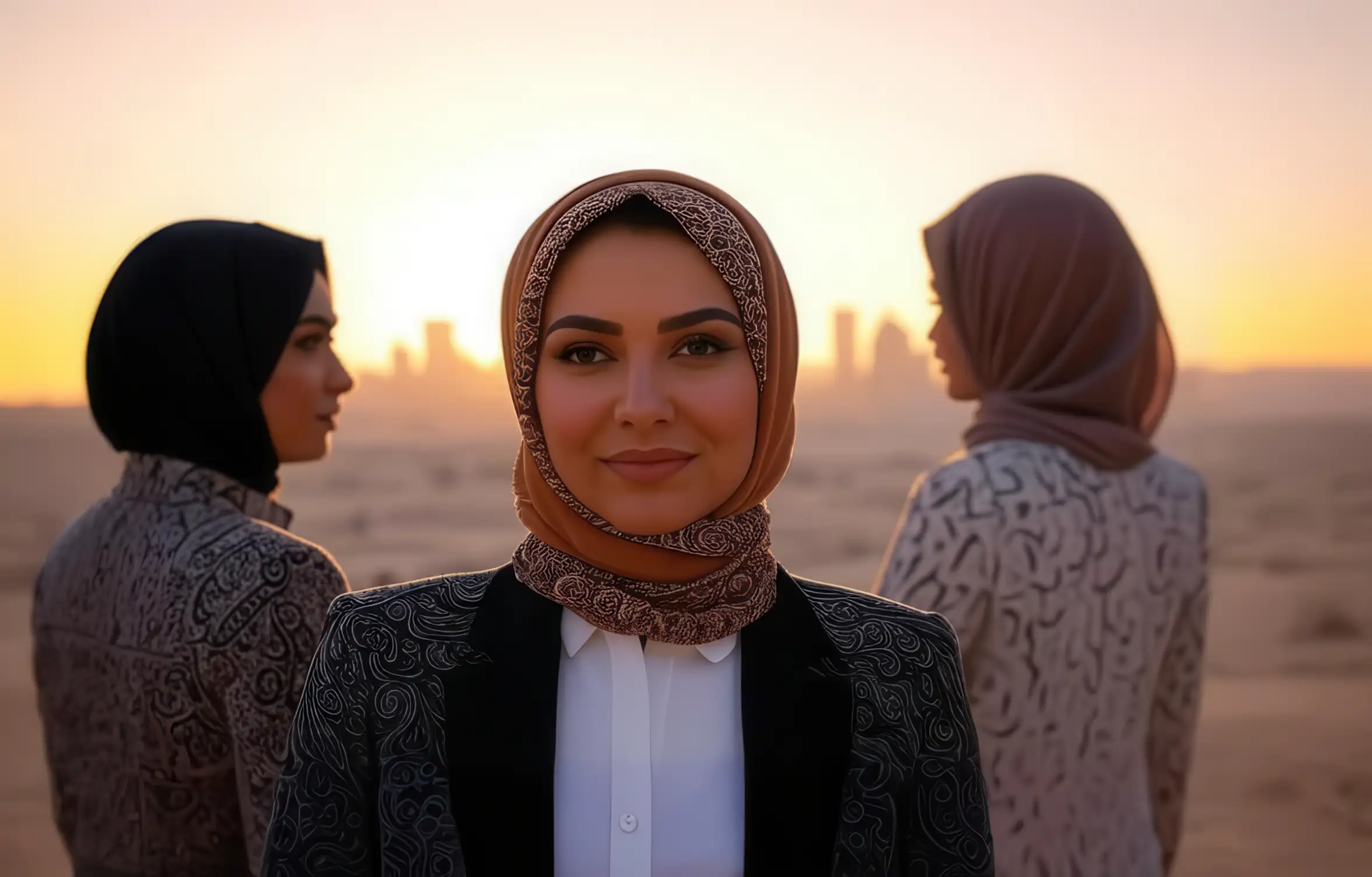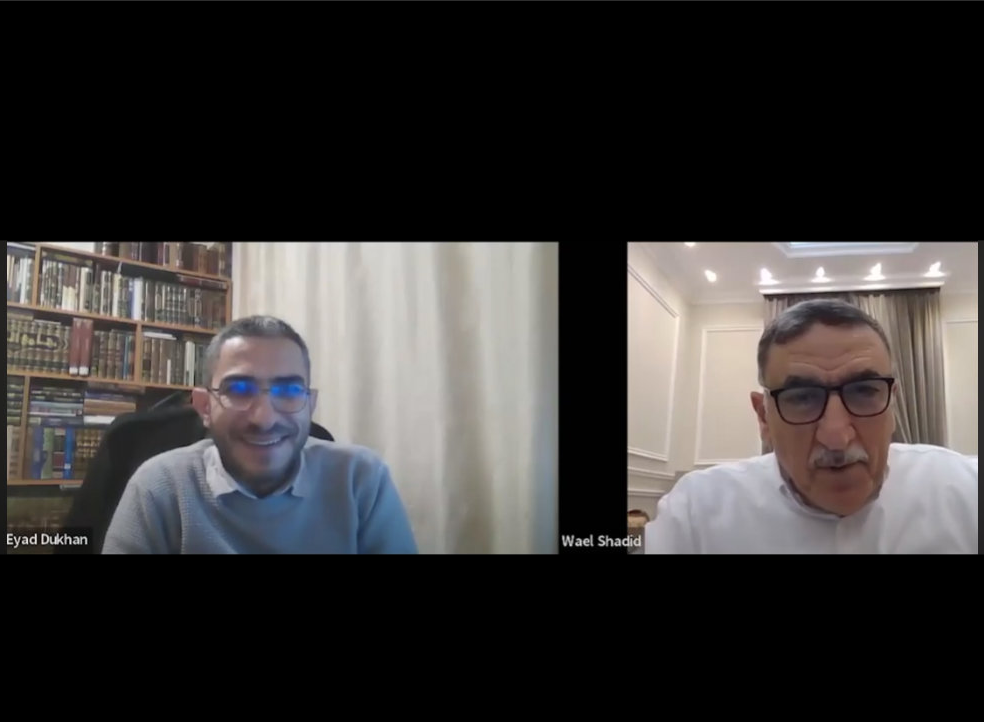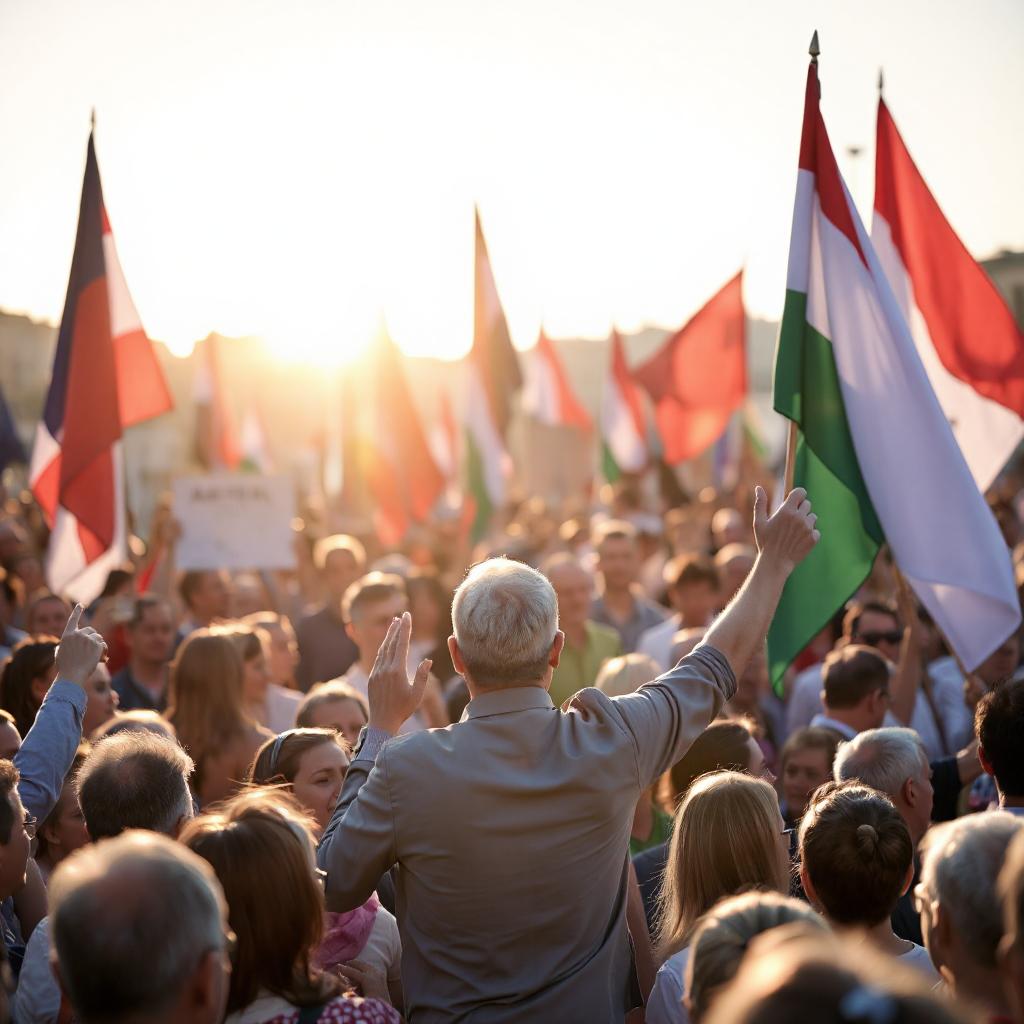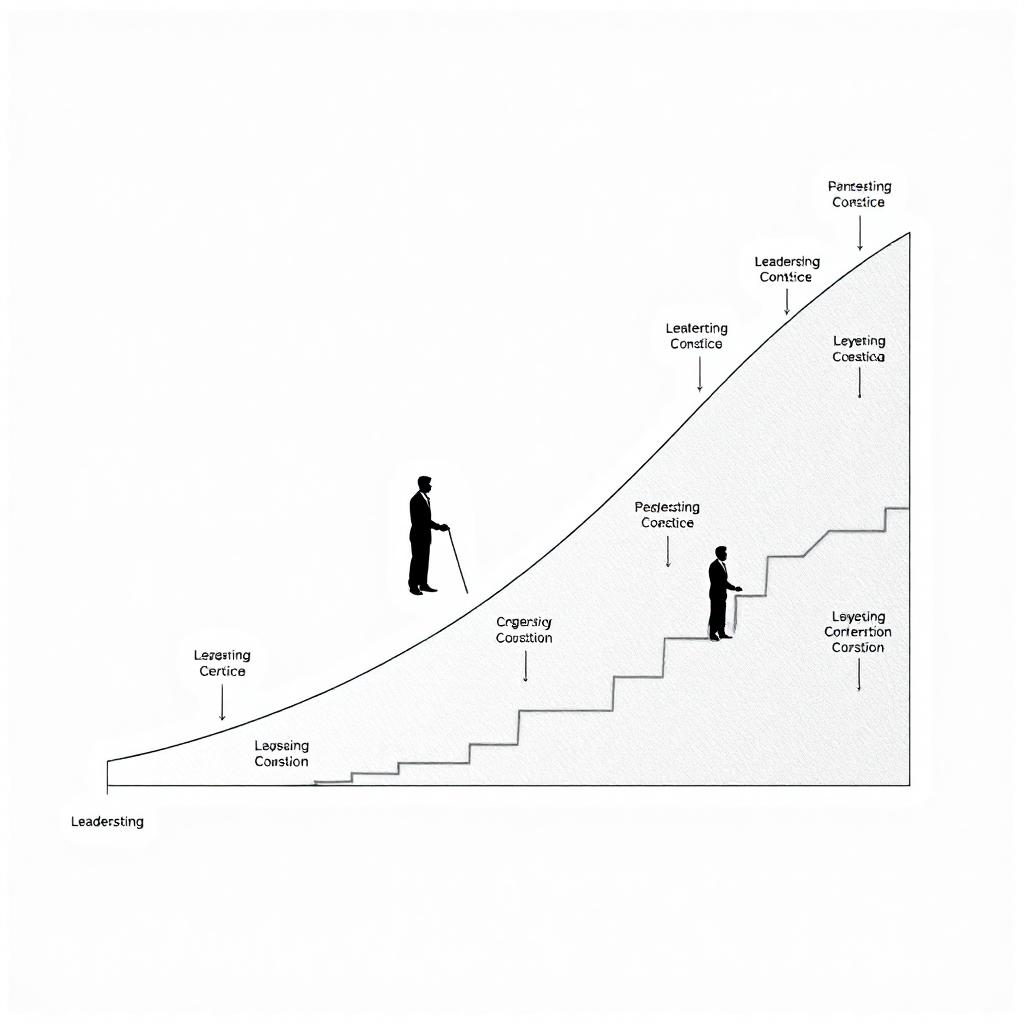
9 December 2024
According to the Prime Minister's Office, 10 Downing Street, and The Rt Hon Sir Keir Starmer KCB KC MP, published 4 December 2024, the UK and Qatar laid out a robust “Future Framework” for their bilateral relations during His Highness The Amir of Qatar’s state visit to the UK. Hosted by the UK Prime Minister at 10 Downing Street, the leaders emphasized their historic partnership's depth and growth over the past decade.
The framework focuses on four strategic pillars: security, economic collaboration, global leadership, and people-to-people connectivity. Oversight will be provided through the annual UK-Qatar Strategic Dialogue, co-chaired by the UK Foreign Secretary and Qatar’s Prime Minister. The next session is scheduled for Spring 2025.
Key Aspects of the Framework:
The security collaboration between the UK and Qatar is highlighted by their joint Typhoon and Hawk air squadrons, marking the UK's first such partnership since WWII. The framework aims to enhance bilateral defense capabilities, including expanded land force cooperation and cyber security. A notable addition is a new Memorandum of Understanding (MoU) on cybersecurity to bolster skills and resilience against emerging threats. The leaders also agreed to strengthen internal security ties, including closer collaboration between the UK’s Home Office and Qatar’s Ministry of Interior.
The UK and Qatar’s collaborative successes have established a strong foundation for their security partnership, providing a model for future cooperation. In response to an evolving global security landscape, the two nations aim to deepen ties as reliable and skilled partners. This includes enhancing military, home affairs, and cyber cooperation.
Key agreements include:
These initiatives aim to bolster collective security capabilities and address emerging challenges.
Economic ties remain strong, with Qatar’s investments in the UK exceeding £40 billion, spanning sectors such as energy, technology, life sciences, and culture. A shared focus on sustainable growth aligns with the UK’s growth agenda and Qatar’s Vision 2030. Key initiatives include a Strategic Investment Partnership and joint efforts in clean energy and technological innovation. Qatar Energy’s 25-year LNG supply agreement underscores its commitment to the UK’s energy security. Additionally, a groundbreaking climate technology partnership between Rolls-Royce and Qatar will focus on green technologies, creating thousands of high-skilled jobs; with an initial commitment from Qatar of £1bn
The UK and Qatar are advancing cooperation in energy, technology, and innovation to lead global efforts in sustainability and economic diversification. Rolls-Royce will invest in technology programs enhancing energy efficiency, sustainable fuels, and carbon reduction, alongside fostering start-ups in both nations focused on energy efficiency, carbon management, and green power. Climate technology hubs will be developed across the UK and Qatar, leveraging expertise and enabling market access for start-ups.
The partnership includes a new science, innovation, and technology dialogue to promote collaborations in areas like artificial intelligence (AI) and global health. Key initiatives are:
Additionally, the nations signed an MoU to enhance collaboration in financial services, including fintech and green finance, and agreed to support Qatar’s tourism development under its third national development strategy. This multifaceted cooperation underscores a shared commitment to innovation, sustainable growth, and mutual economic progress.
The UK and Qatar reaffirm their commitment to promoting peace, security, and stability in the Middle East and beyond, emphasizing dialogue, diplomacy, and adherence to international law. Qatar’s mediation efforts in the Gaza conflict and the evacuation of British citizens from Gaza and Afghanistan were highly praised. Both nations advocate for an immediate ceasefire in Gaza, humanitarian aid delivery, hostages’ release, and progress toward a two-state solution with a sovereign Palestinian state.
They also highlighted Qatar’s efforts in mediating humanitarian initiatives in Ukraine, supporting Ukraine’s sovereignty and peaceful conflict resolution. Their partnership extends to addressing global humanitarian challenges, including joint aid for Gaza, Syria, and Somalia, and education programs benefitting over 625,000 Syrian children.
Looking ahead, the UK and Qatar aim to enhance global leadership in development assistance, tackling health challenges, advancing education, addressing irregular migration, and fostering conflict resolution. Their co-funded initiatives will support sustainable development goals, build resilient communities, and address global crises over the next decade.
The UK and Qatar have committed to doubling their development co-funding initiative to $100 million, with plans for continued increases to support achieving the Sustainable Development Goals by 2030. An inaugural Ministerial Taskforce in 2025 will outline strategic priorities, funding programs, and development initiatives.
The partnership will leverage joint expertise to address challenges in humanitarian aid, global health, education, and implementation research. A new forum on conflict resolution and mediation will bring together negotiators and NGOs to enhance capabilities in these areas, with its first meeting scheduled for 2025. Both countries will also coordinate closely on regional issues, including the Occupied Palestinian Territories, the Horn of Africa, Sudan, Bangladesh, Syria, and Yemen.
The UK and Qatar celebrate their growing cultural and educational connections, highlighted by Qatar’s hosting of the FIFA World Cup 2022 and a record number of 147,000 British nationals visiting or residing in Doha. Similarly, the UK remains a favored destination for Qataris for work, study, and tourism. The annual UK Festival, hosted by the British Council, symbolizes these strong ties.
Both nations aim to deepen collaboration in culture, education, tourism, and creative industries. Agreements have been made between institutions like the University of Doha for Science and Technology, Cranfield University, and the University of Oxford for research, engineering training, and postgraduate exchanges. Qatar Museums will partner with UK entities to foster joint opportunities in creative industries.
The Ministry of Education and the British Council will further expand Qatar’s thriving UK alumni network, which includes over 1,200 members, enriching bilateral educational and professional connections.
Strategic Vision
The framework seeks to elevate UK-Qatar relations to a modern, mutually beneficial partnership. It aligns with shared priorities like technological innovation, sustainable growth, and global stability while fostering enduring connections between their people. By focusing on collaborative problem-solving and joint investments, the framework sets a clear roadmap for the next decade of cooperation.
Source: https://www.gov.uk/government/news/joint-statement-between-the-prime-minister-and-the-amir-of-the-state-of-qatar






